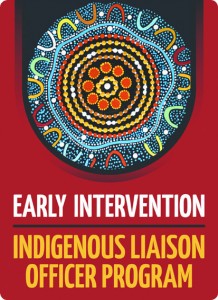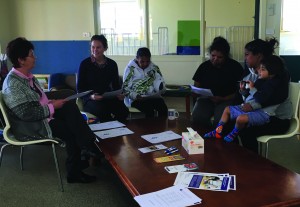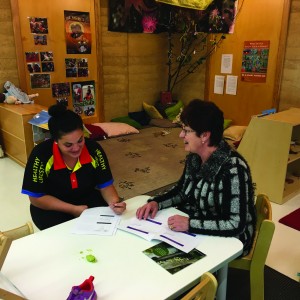NAIDOC Week: Amaze's commitment to Indigenous communities
Posted on
It’s significant that the NAIDOC Week theme for 2017, Our Languages Matter, is about communication.
Amaze acknowledges the unique role Indigenous languages play in cultural identity, linking people to their land and water and in the transmission of Aboriginal and Torres Strait Islander history, spirituality and rites, through story and song.
Amaze is working to build awareness of autism in Aboriginal communities
Margaret Clancy has a deep passion for her role at Amaze, drawing on many years of experience in early childhood intervention.
“My passion is working with parents of these little ones to share knowledge and information relevant to their situation,” the program coordinator says.
“Sometimes, knowing that you can make just a small difference to their lives can be very rewarding.”
Travelling around Victoria, Margaret meets many Aboriginal families who have children on the autism spectrum.
The twist is they don’t always know it.
“Parents often think this is just how their child is and accept it,” Margaret says.
One four-year-old boy Margaret visited doesn’t speak or play, yet his mum says “this is my little boy and I love him how he is”.
Awareness of autism is relatively low in Aboriginal communities, a situation Amaze is trying to improve through the Early Days program it facilitates.
“Young children may not get a diagnosis and early intervention if there is less awareness of autism,” Margaret says.
The causes of this are complex, but providing more information directly to communities is seen as a good place to start.
A tailored program
Amaze’s Early Days workshops are aimed at any parent of a young child with a diagnosis of autism or a suspected diagnosis.
“The focus is on their child, the characteristics of autism, and the impact these characteristics have,” Margaret explains.
“The workshops are always face-to-face and this gives parents the opportunity to chat with other parents, exchange ideas, and provide each other with support.”
Margaret has also been running workshops tailored specifically for Aboriginal communities in Melbourne and regional centres such as Bairnsdale, Shepparton and Morwell
Early Days has developed separate workshop materials that recognise culture and beliefs, especially the strong belief that it is the responsibility of the family to provide care and support for a child _ a model of care which is linked by strong kinship circles.
Building relationships
“A family-centred approach is used to ensure all family members involved with the child are included in discussions,” Margaret adds.
“It is also important we recognise that not all Aboriginal communities are the same.
“Our facilitators always take the time to become familiar with each group so as to meet their specific needs.”
In order to reach out to Aboriginal families across the state, Amaze first engaged with established organisations including the Victorian Aboriginal Health Service and local Aboriginal cooperatives.
“Building relationships is critical to our work, as there is a long history of his mistrust in Aboriginal communities,” explains Margaret, adding that communities should feel a sense of ownership over the workshops.
Responding Positively
The encouraging response from Aboriginal communities is due in part to consultative planning.
“We hold the workshops in familiar venues, often the Aboriginal co-op in rural areas, or buildings specific to Aboriginal people,” Margaret says.
“If we work with the community to find suitable times, dates and venues, then families will participate.”
Anyone connected to the family is welcome to attend and there’s always a special welcome extended to the elders in the community.
The feedback from workshop participants is that they appreciate the open and honest dialogue, though Margaret acknowledges some wariness remains.

“In each community where I have run workshops, there are always parents who have not attended, but it’s about taking one step at a time and waiting until they are comfortable to come along.”
Early intervention: Indigenous Liaison Officer Program
Amaze Early Days workshops are free for parents, grandparents, foster parents, legal guardians, aunts and uncles and kinship carers.
Amaze’s Early Days workshops and the Early Intervention Indigenous Liaison Officer program are funded by the Federal Government Department of Social Services under the Helping Children with Autism Package.
Coming event


